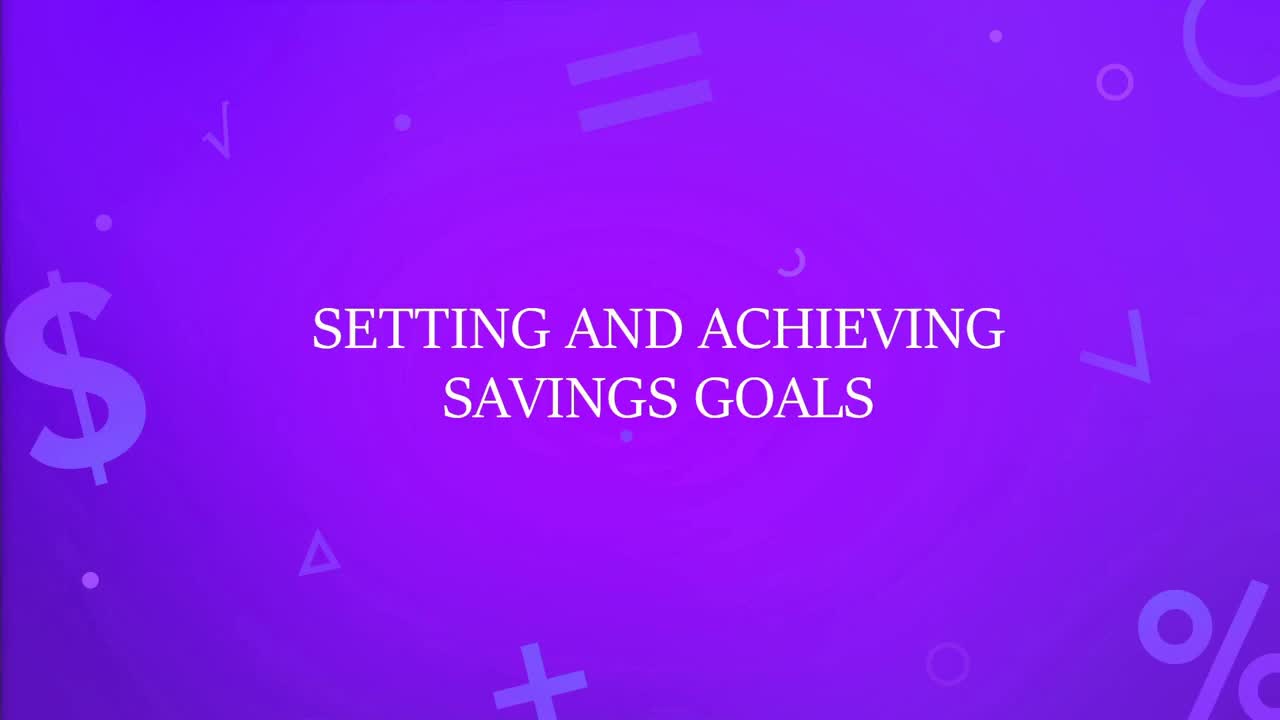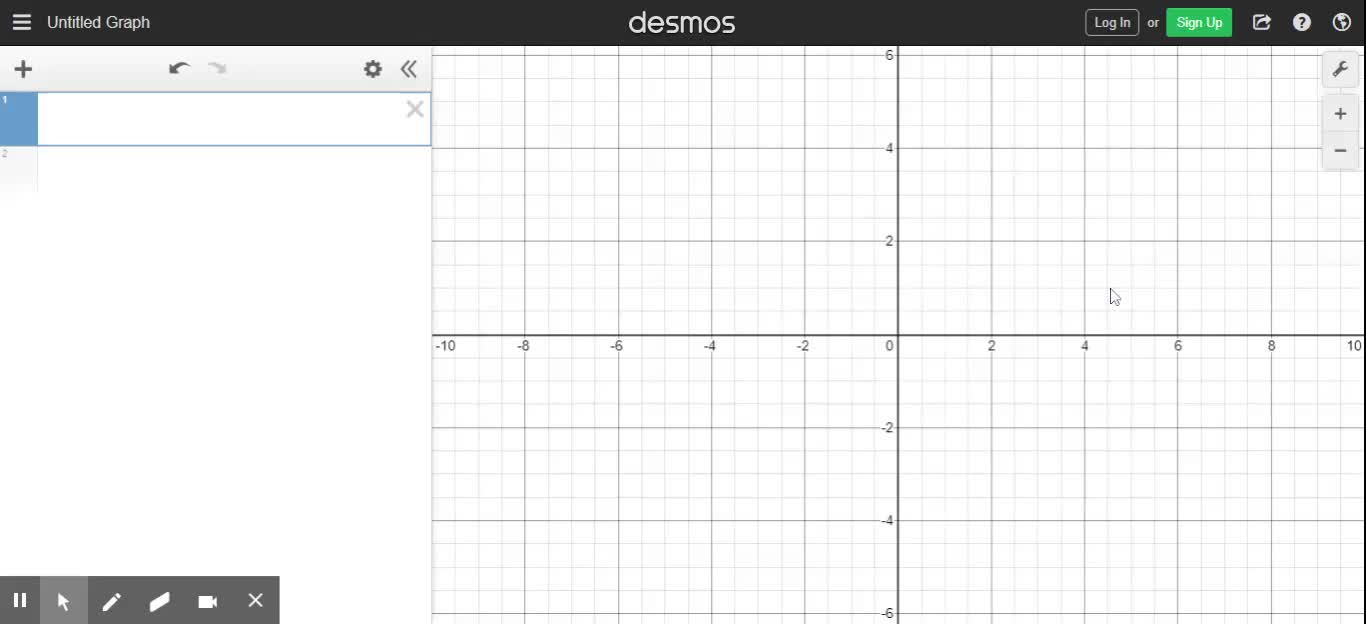Why Invest
High School / Business
Now, as you enter the world of investing, you might be wondering about what it is in the first place. Simply put investing is when someone uses their money to make more money. But what does that really mean? For example, anytime you use money to make more money in your future, is investing. You can even invest in your education. When you invest, you make sacrifices today for a better tomorrow. Here's an example Sally and Molly. Take two investors. Sally earns $38,000 a year and has worked 40 years investing 10% of her salary. Molly instead invested in her education and obtained an associate degree to increase her earnings. Molly earned $46,000 a year while investing 10% of her salary over 40 years. The $8000 annual difference between Sally and Molly's salaries result in an increase of $421,605.3 in total investment for Molly after 40 years. Assuming a 10% annual return. On average, individuals who have acquired a high school diploma earn around $38,000 a year, whereas individuals who have an acquired an associate's degree earn around $46,000 a year. So to reiterate, invest in your education. Now, let's talk about when to start saving. It's important to start early. Why? When you save your money, you often earn extra money called interest. Interest is a small amount of money that you receive from a bank or financial institution. In return for keeping your money in a bank account or other savings tools. When you earn interest, you're not only earn interest on the original amount of money you have saved, but also earn interest on any interest you earn. This is called compound interest. Because of this, your money will grow and grow. Even when saving on a product with a moderately low interest rate, like a CD or money market, earning less than 2%, you can still save more if you start early. For example, let's say you put $600 in an account, earning 1.5% APR compounded monthly. Additionally, you set up a direct deposit of $100 from your paycheck every month into the account. In ten years, you will have $13,635, including over 1035 extra in your interest that your money will have earned. Remember, even when looking at saving and investment options at your bank, you desire as high an interest rate as possible. So as to earn as much money as possible from your return on your money. Shop around. This extra money in the bank will protect you from instances of financial crises. These savings will act as insurance for medical emergencies, car repairs, job loss, et cetera. All of your bases will be covered because you have already accumulated the funds needed to cover, unfortunate circumstances. Giving you a piece of mind. Now that we've learned about the foundations for saving, let's transition to looking at why investing is important in your long-term financial plan. Why can't the government just print money when it runs low? Think about it like this. There's ten sodas available for a class of 20 students that want them. Each student has $1. The price of the sodas will likely be $1 max, as that is the most one student could pay. If the students are given $2 each and there are still ten sodas, the people that really want sodas will likely bid the price up to two. If you give people more money, the prices of the goods will go up, resulting in inflation. With inflation, prices increase over time if there is inflation each dollar you have. Saved will buy less in the future. We can easily see this in action in the U.S. by looking at the price levels of milk throughout the years. In 1913, a gallon of milk cost about 36 cents per gallon. 108 years later in 2021, a gallon of milk cost $3 and 61 cents. Ten times higher. Inflation is a big factor in why investing is so attractive and beneficial. Savings accounts with a low interest may not generate enough funds to keep up with the inflation. So it is important to consider investments with a greater possible return. So that you'll have enough money in the future. It is important to consider the effects of inflation just because the rates have been lower in the past decades. Anything can happen. So being proactive is important. Are you ready to start investing? There are a few questions you should ask yourself before you begin to set aside any money. First, you need to ask yourself if you have at least three months expenses set aside in an emergency savings fund or are working towards that. Second, you also need to make sure that you are not in any significant debt besides housing. Third, the last question you need to ask yourself is, are you living on a consistent budget tracking your expenses and know how much money you have to spend freely at the end of each month? If you have an emergency fund, no debt besides a house and live on a budget with free money left over at the end of each month. You are ready to start investing. Imagine two people, one who starts investing at the age of 21 with $100 per month and the other who invests twice this much over $200 per month starting at the age of 31. Who will end up with more money by the age of 65. Assuming 7% APR. As surprising as it may sound, the answer is the one who started early ends up with over 145,000 more at the age of 65. This scenario very much applies to the real world and the results of one you choose to start investing early. Through this example, we hope you can recognize the importance of and benefits of choosing to invest early. Up next time we have some interviews to learn about real life investing success stories.












